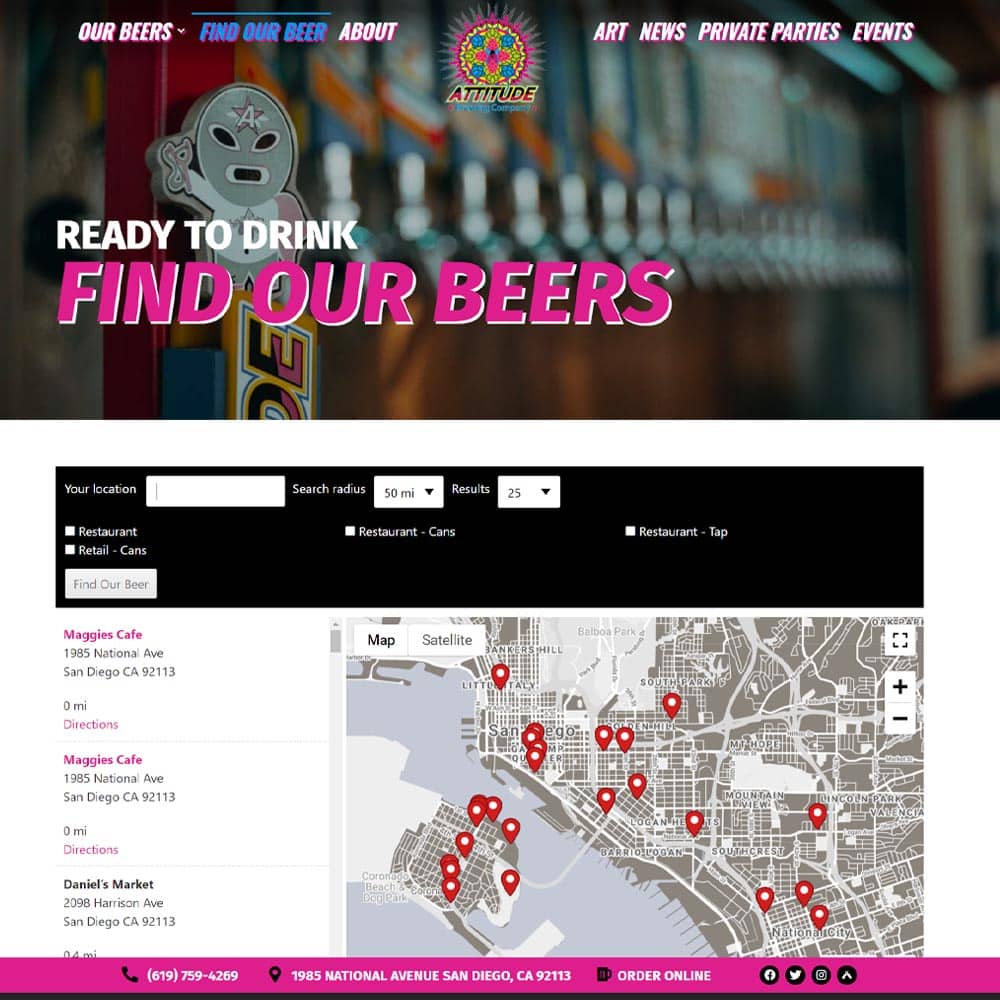By Drew Fortin, Marketing Director of Digital Products at PennySaverUSA
Most local businesses have heard the term “SEM,” but I think many fail to recognize exactly what the term means. SEM literally stands for Search Engine Marketing. SEM can be broken down into two components – organic search (aka natural search) and paid search.
Organic search marketing is essentially the process of structuring your website’s architecture, generating content relevant to your business, and obtaining inbound links from other websites to increase the chances of your website ranking naturally in the SERP (search engine results page). This optimization is most always referred to as SEO, or search engine optimization.
Paid search is a much simpler concept. Quite simply, it’s when advertisers pay to have their listing appear on the SERP. Although the concept is simple, the techniques and strategy used to get the most bang for your buck in paid search can be quite complex.

In addition to paying to have your ads listed in the SERP, paid search platforms like Google AdWords and MSN AdCenter (Yahoo! and Bing) allow you post your ads on their content networks. This allows you to dramatically increase your exposure across millions of websites who are hosting content that is relevant to your business.

How Paid Search Works
Paid search is a type of pay per click (PPC) advertising. It’s comprised of 3 main elements:
- Keywords – you select keywords or phrases that essentially trigger when your ad should appear in the SERP.
- Ads – when someone searches for the keywords you have selected, your ad appears.
- Landing Pages – you choose what page on your website should appear when someone clicks on one of your paid search ads.

What Determines How Much You Pay Per Click?
Paid search advertising platforms like Google AdWords and MSN AdCenter leverage auction style bidding technologies as the core of their business model and methodology. Advertisers place a bid on every keyword they want their ad to show up for. Each advertisers’ bid is then compared against other competing advertisers. How much you bid determines where you’re ad is placed…kind of.
In addition to your bid, the search engines also consider other factors that can improve your ad placement even if you are bidding less than someone else. For instance, Google AdWords looks at how well your paid search account is structured so that keywords and ads are highly relevant. They also scan the landing pages where you are sending the ads to make sure they are also relevant. They also consider past paid search campaigns performance and also how you have performed as compared to other accounts in your geo-location or region.
Google compiles all of these factors into a Quality Score. AdWords users’ ads can score between 1 and 10. The higher your score, the more relevant your ads are considered. By incorporating Quality Score into their algorithm, or calculation, for determining which ad appears where, Google is ensuring that the most relevant ads are performing. And, in this scenario, everyone wins. The advertisers with the highest quality scores are paying the least amount possible, searchers are seeing the most relevant ads, and therefore ads are receiving the most clicks (how Google makes money).

Because there are so many moving parts, setting up paid search campaigns and managing accounts is no easy task. It requires a lot of time and dedication, especially at the start, if you want to drive qualified traffic and conversions (leads, calls, sales, etc.). Businesses that try the “set it and forget it” approach usually end up blowing cash that they could have otherwise used to promote their business.
If you’re a local business owner looking to try paid search, you don’t have to go it alone. Check out PennySaverUSA.com’s paid search service, PowerClicks.







